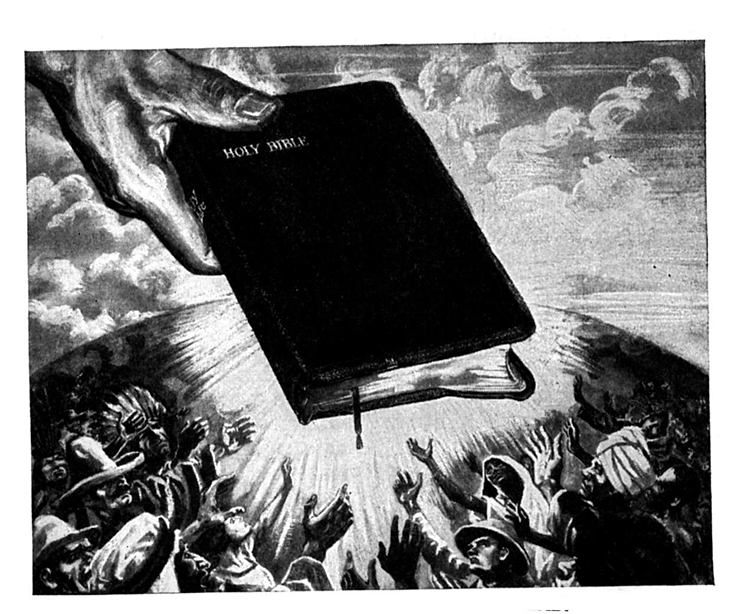
Matthew 23:23, Weightier matters of the Torah.What are the weightier matters of the Torah? Torah is not an end-all. It is a vehicle that leads us to something. What is that? What really matters to YHVH when all is said and done???? It is the greater Torah or the higher Torah. The Gospel of Matthew (23:23) records that Yeshua rebuked the religious leaders of his day for their not following the higher Torah. What did Yeshua really mean by “the weightier matters of the Torah”?
The Higher Torah and the Highest Torah Explained
This is a teaching that every saint who is returning to the biblical, Torah roots of their faith needs to read? Why? So they don’t become hyper-focused on the dos and don’ts of the Torah-law, become legalistic, become head-knowledge oriented people who have forgotten the spirit and heart of the law, become those who end up bowing down to the idol of intellectualism, and, most importantly, so they don’t forget the centrality of the gospel message with Yeshua the Messiah at its center.
A strict obedience to the Torah is NOT the ultimate goal of the Torah! The Torah, as wonderful as it is, points us to something even better and higher!
What are the weightier matters of the Torah? Perfect obedience to the Torah is not the ultimate goal of the saint. The Torah is merely a vehicle to lead us to something. What is that? What is the greater Torah, the higher and the highest Torah? What really matters to YHVH when all is said and done???? The Gospel of Matthew (Matt 23:23) records that Yeshua rebuked the religious leaders of his day for their not following the higher Torah.
Woe unto you, scribes and Pharisees, hypocrites! for ye pay tithe of mint and anise and cumin, and have omitted the weightier matters of the Torah, judgment, mercy, and faith: these ought ye to have done, and not to leave the other undone.
What did he really mean by “the weightier matters of the Torah”?
The Deeper Meaning of the Word “Torah”
Almost every place where you see the word “law” in the Old Testament (or Tanakh), it is the Hebrew word “Torah.” This word is used 219 times in the Tanakh, and in almost every case it is translated in the KJV and in most other English Bibles as “the law.” Is this all this word means? Is “law” even its main definition according to the Hebrew?
Continue reading






